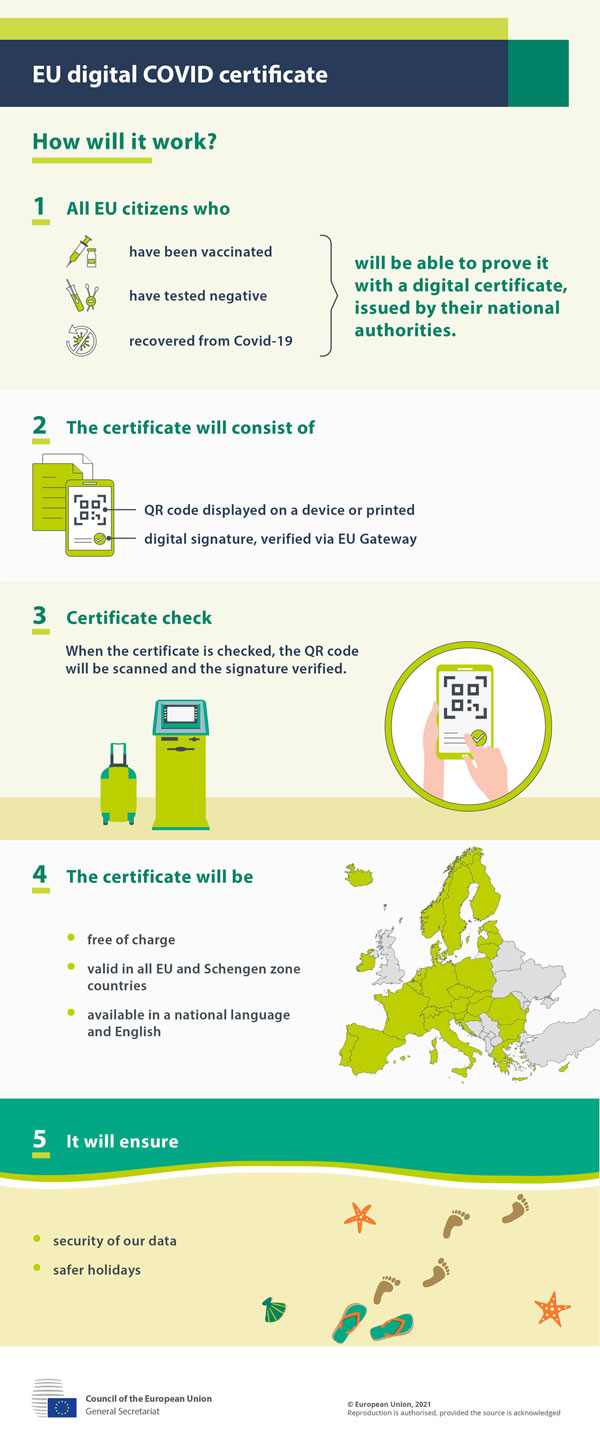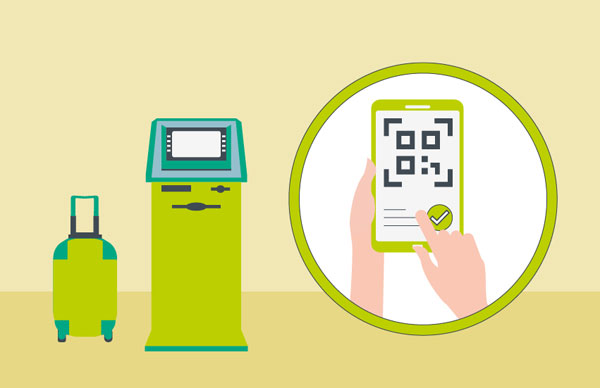The Spanish government has added the UK and Japan to the list of those countries where there is no need to present a negative COVID-19 test to enter Spain. This change takes affect from midnight on 24 May.
Further changes are expected to take place in June and July that will make it easier for more people to travel to Spain.
A number of countries and territories have been on the list of countries without travel restrictions to enter Spain. Israel was added to the list on 11 May 2021.
The list of countries with no COVID-19 travel restrictions to Spain is from 24 May 2021:
- Australia
- China
- Israel
- Japan
- New Zealand
- Rwanda
- Singapore
- South Korea
- Thailand
- UK
- The territories of Hong Kong and Macao
Travellers from these countries can enter Spain without any need of being vaccinated.
The Prime Minster of Spain, Pedro Sánchez, has announce that travellers from other countries that are fully vaccinated with vaccines approved by the European Union will be able to enter Spain without any COVID-19 restrictions from 7 June 2021.
EU's COVID-19 certificate is expected to start being in use from 1 July 2021. The member states of the EU finally agreed on its conditions on 20 May 2021.
With the EU's COVID-19 certificate there will be no need for a negative PCR-test to travel within the European Union for those traveller that are fully vaccinated or have anti-bodies due to recovering from COVID-19 (herd immunity). Those who have not got the vaccine or developed herd immunity need to get a negative COVID-19 test (PCR or Antigens) done that will be temporary included in the EU's COVID-19 certificate.
The European Parliament wanted the PCR-tests to be free, but instead it has been decided that the EU will subsidize the PCR-tests to keep its price down. 100 million Euros of the budget have been set aside for this.

Sources:
- ec.europa.eu - EU Digital COVID Certificate: European Parliament and Council reach agreement on Commission proposal
- ec.europa.eu - COVID-19: Digital green certificates
- www.lamoncloa.gob.es - Darias reconoce el esfuerzo del SNS y sus profesionales para poner en funcionamiento el Certificado Digital UE COVID en tiempo récord
- www.lamoncloa.gob.es - El presidente presenta en FITUR el Certificado Digital Covid aprobado por la UE con el objetivo de reactivar el turismo y la economía en Europa
Legislation:



